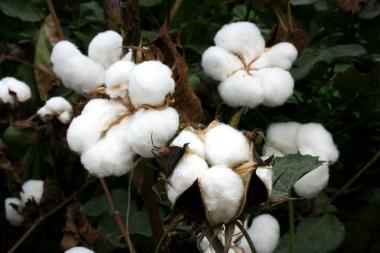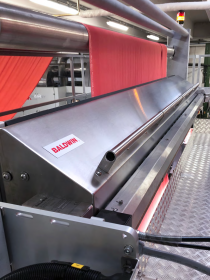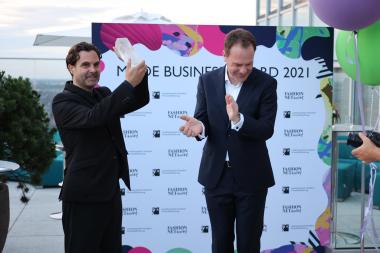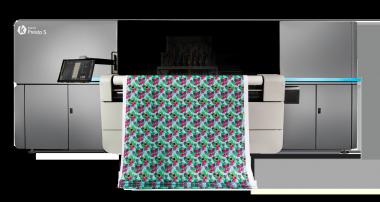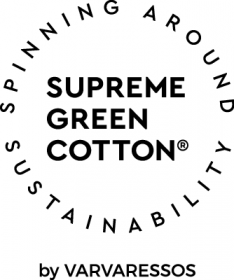Hohenstein: New quantitative method to detect genetic modifications in organic cotton
There has been a sharp rise in demand for organic cotton products. Compared to conventionally grown cotton, the cultivation of organic cotton requires the renunciation of genetically modified seeds, chemical pesticides or fertilisers. Nevertheless, genetic modifications are repeatedly found in textiles that are falsely labelled with organic claims. Often, available certification systems are not backed up by lab testing. At best, they only take random seed samples. Textile testing specialist, Hohenstein, has developed an assessment method specifically for cotton. This new DNA analysis method makes it possible to ascertain the amount of genetically modified cotton contained in products. This is good news for textile industry stakeholders who will be on the safe side in terms of quality control and labelling of organic cotton products.
First step: qualitative screening and identification. Second step: quantification of genetically modified cotton.
For qualitative screening, Hohenstein experts had developed molecular biological detection systems to make clear yes/no statements about genetically modified cotton. Testing can be applied to all kinds of materials, from raw cotton to chemically untreated yarns and fabrics. In addition, Hohenstein is one of only a few laboratories in the world accredited to test for GMOs in accordance with the ISO/IWA 32:2019 protocol. Its method provides reliable evidence of the presence or exclusion of genetic modification in cotton textile precursors.
Once qualitative proof of genetic modification is obtained, Hohenstein experts begin quantifying the type and extent of the genetic modifications. To do this, they use DNA analysis to search for different cotton lines known to contain genetic alterations and quantify the proportion. Only by pinpointing individual genetic modifications and quantifying the extent of modification is it possible to provide precise information on whether there is an extremely small proportion of contamination, or whether larger proportions of GMOs have been mixed in. This offers clear benefits to manufacturers, brand owners and retailers when it comes to supply chain transparency and fraud prevention.
Hohenstein Laboratories GmbH & Co. KG.


